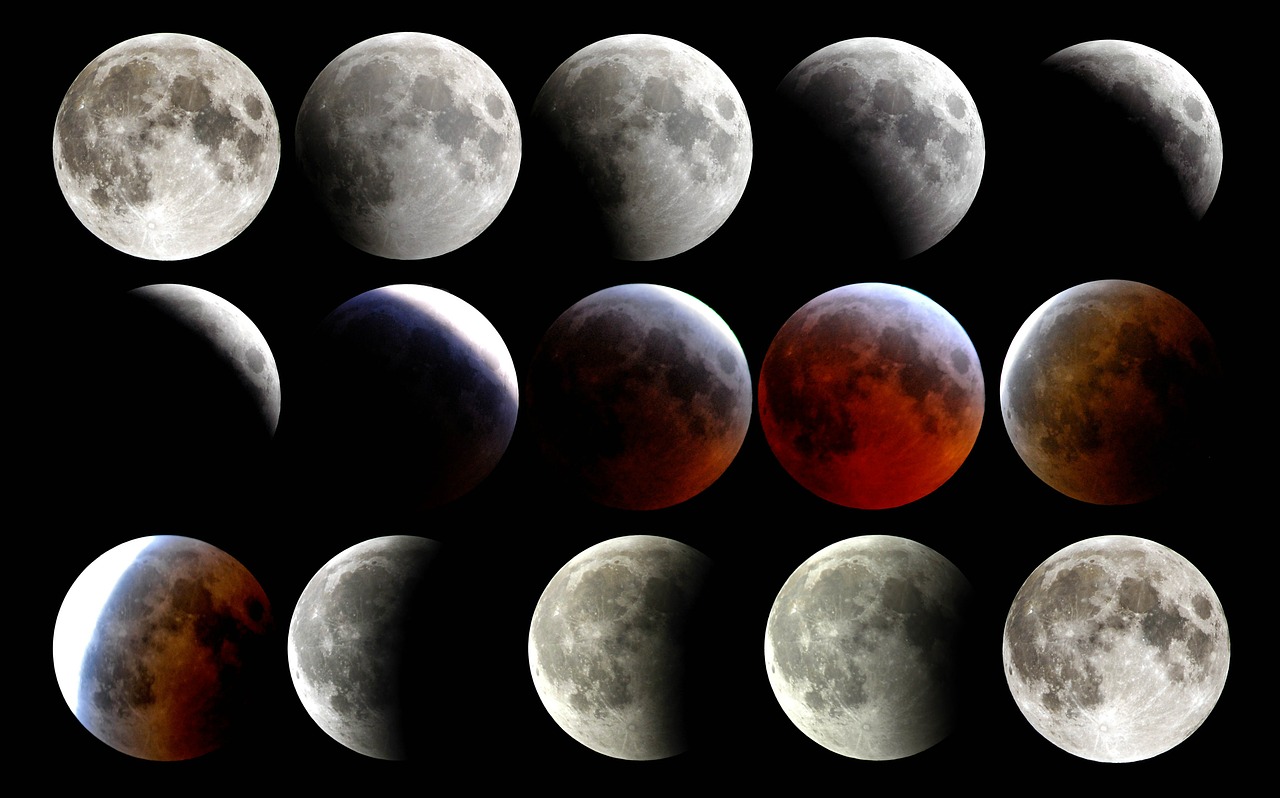Once every two decades or so, a supermoon — a full moon at its closest point to Earth — coincides with a lunar eclipse. Supermoons occur no more than six times a year, while a total lunar eclipse can occur as many as three times in a year or as little as none at all.
As the math would suggest, the odds of these two occurring at the same time are not that high.
Fortunately for stargazers, the next one will be occurring on September 27 of this year. Barring cloudy skies, nighttime observers in the following locations will be able to witness the event at totality:
- The eastern half of North America
- All of South America
- The western third of Europe
- Northwestern Africa
The rest of the world won’t be able to see anything because it will be daytime, though some areas bordering the aforementioned regions may be able to catch something sunrise and sunset.
Ashley Morrow from NASA‘s Goddard Space Flight Center wrote that at perigee — the Moon’s closest point to the Earth — the two bodies 31,000 miles closer than at apogee, the most distant the two can be from each other. Because the Moon will be so close, it will be 14 percent bigger and 30 percent brighter than a full moon during an apogee.
Skygazers will be able to watch the luminescence of the “large” Moon slowly get covered up by the Earth’s shadow shortly after sunset.
In the U.S., those who live in the eastern (EDT) and central (CDT) time zones can expect to get the longest view of the eclipse, which begins at 8:40 p.m. EDT (7:40 p.m. CDT) on September 27 and ending at 12:55 a.m. EDT on September 28 (11:55 p.m. CDT on September 27).
Totality, the point when the Moon is fully obscured, will begin at 10:11 p.m. EDT (9:11 p.m. CDT) and last for approximately 71 minutes.
Space.com reported on just how rare supermoon eclipses are. In the past century only five supermoon eclipses have occurred, in the years 1910, 1928, 1946, 1964, and 1982.
Because the supermoon eclipse is so rare, some have come up with theories on a possible deeper meaning to the event. NASA’s Noah Petro commented on this, prophesying that the only thing that will happen from the eclipse is “people will wake up the next morning with neck pain because they spent the night looking up.”
The only thing that will happen on Earth during an eclipse is that people will wake up the next morning with neck pain because they spent the night looking up.
The celestial event won’t happen again until 2033, so if the weather permits, keep your eyes to the skies and enjoy.
Hopefully the world will still be around the next morning.
























